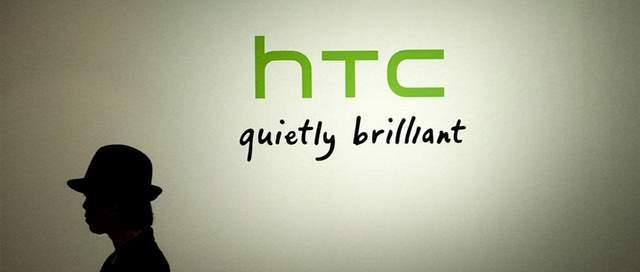Yesterday, HTC (Taiwan HTC) announced its fourth quarter 2021 financial report. According to the report, the quarterly revenue was 1.39 billion (NT$, the same below), with an operating loss of 910 million yuan and a net loss of 730 million; in 2021, the revenue was 5.25 billion, with an operating loss of 4.12 billion and a net loss of 3.07 billion.
As a former Android mobile phone king, HTC's current miserable experience is a world away from that of 2011. In 2011, HTC once won the "Android mobile phone sales champion", becoming Apple's biggest competitor in the smartphone market, with revenue exceeding the 450 billion mark and net profit exceeding 62 billion, known as the "Taiwan stock king". In contrast, the performance after 10 years has simply fallen into the basement.

The root cause is that in 2011, before HTC's popularity peaked, it was already hated by Apple. Apple launched a "patent war" against HTC in 2010, and in December 2011, the U.S. International Trade Commission ruled that HTC had infringed Apple's patents, and HTC mobile phones were turned away from overseas in the United States, and were previously the sales champion in the U.S. market. Since then, Apple's iPhone series has climbed sharply in the market share in the United States.
After at least three rounds of litigation, Apple finally reached a settlement with HTC. But HTC was seriously hurt by this, and the rise of Samsung smartphones also made HTC face strong competitors and began to go downhill.
In the past 10 years, HTC has also thought of many ways to reverse the trend. There are two main ones:
The first is transformation. As HTC's performance continues to decline, HTC founder Wang Xuehong personally served as CEO and entered the VR field, being one of the earliest manufacturers to enter this field, ranking among the top three VR equipment manufacturers in the world. However, the VR industry was quickly silenced after a round of hype, and the market size has not improved, at the same time, HTC sold the smartphone business to its former partner Google, resulting in a sharp decline in revenue.
The second is the "change of coach", Wang Xuehong's first transformation was unsuccessful, and then in 2019, he introduced the former French Orange vice president Metter as CEO. Metter opposed HTC's abandonment of smartphones, continued to launch smartphones in 2020, and failed in less than a year, Metter resigned, and Wang Xuehong was forced to serve as CEO for the second time in 2020.
In 2020, HTC's revenue has fallen to 5.81 billion, with a net loss of 6.02 billion, which is higher than revenue. At this time, HTC is already in a dilemma, on the one hand, continue to push smart phones, on the other hand, it is going to do VR, its own strength is not good, and there is no progress on both fronts.
Entering 2021, HTC's "old bottle of new wine" announced its entry into the suddenly popular "meta-universe", which is still essentially its VR product. At the recent MWC Mobile World Congress 2022, HTC demonstrated the latest advances in 5G technology, in-vehicle VR experiences, location-based entertainment (LBE) and Viverse (HTC VIVE's metacosmity platform), a complete set of meta-universe products and services.
With HTC's current remaining strength, to play a world in the new field of the meta-universe, which is a global giant, is nothing less than a mirror flower and water moon.
Although the road to a slow decline in 10 years is tragic, HTC's failure, in addition to the patent war from Apple, lies in its serious misjudgment of the Chinese mainland market as a Taiwanese company. This was another big factor in HTC's rout.
After all, Apple reached a settlement with HTC in 2012, when Chinese mobile phone manufacturers such as Huawei, Xiaomi, OPPO, and Vivo had not yet risen. HTC treats the mainland market differently, and does not pay enough attention to the mainland market, and even puts the worst things in the mainland market to sell. At the same time, as the most core OS system, HTC relies too much on Android's native system and does not develop a customized version for the usage habits of Chinese users.
China quickly overtook the United States to become the world's largest smartphone market and far ahead. A large number of Chinese mobile phone manufacturers have risen and entered the world based on the Chinese market. HTC, on the other hand, disappeared without a trace in the Chinese market, and in the U.S. market, which it valued, was also completely out.
HTC's business history of rushing to the altar and falling endlessly is worthy of our in-depth study. (C114 Namsan)